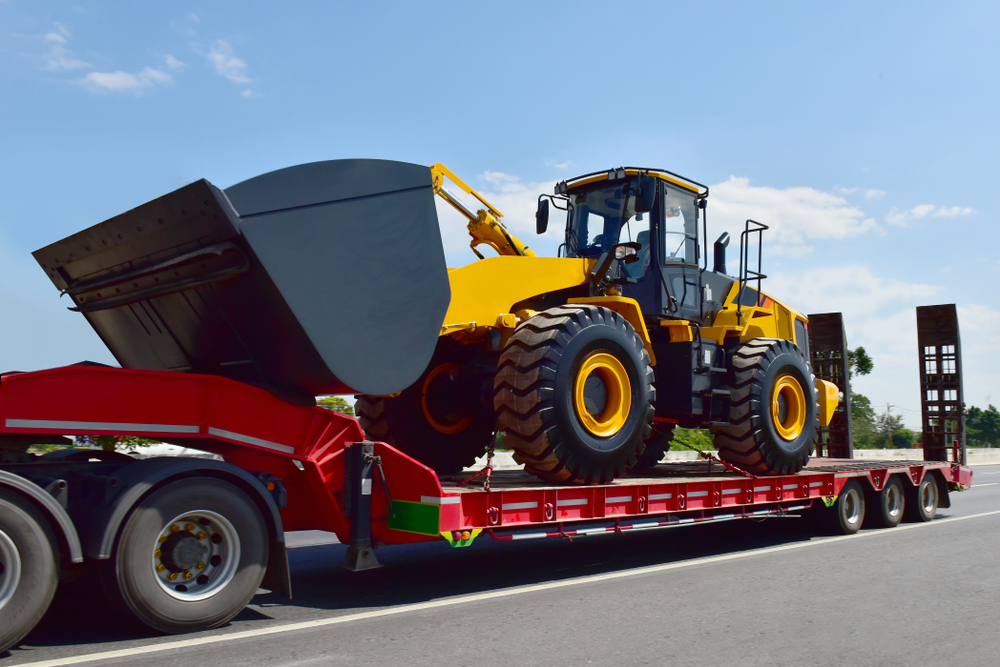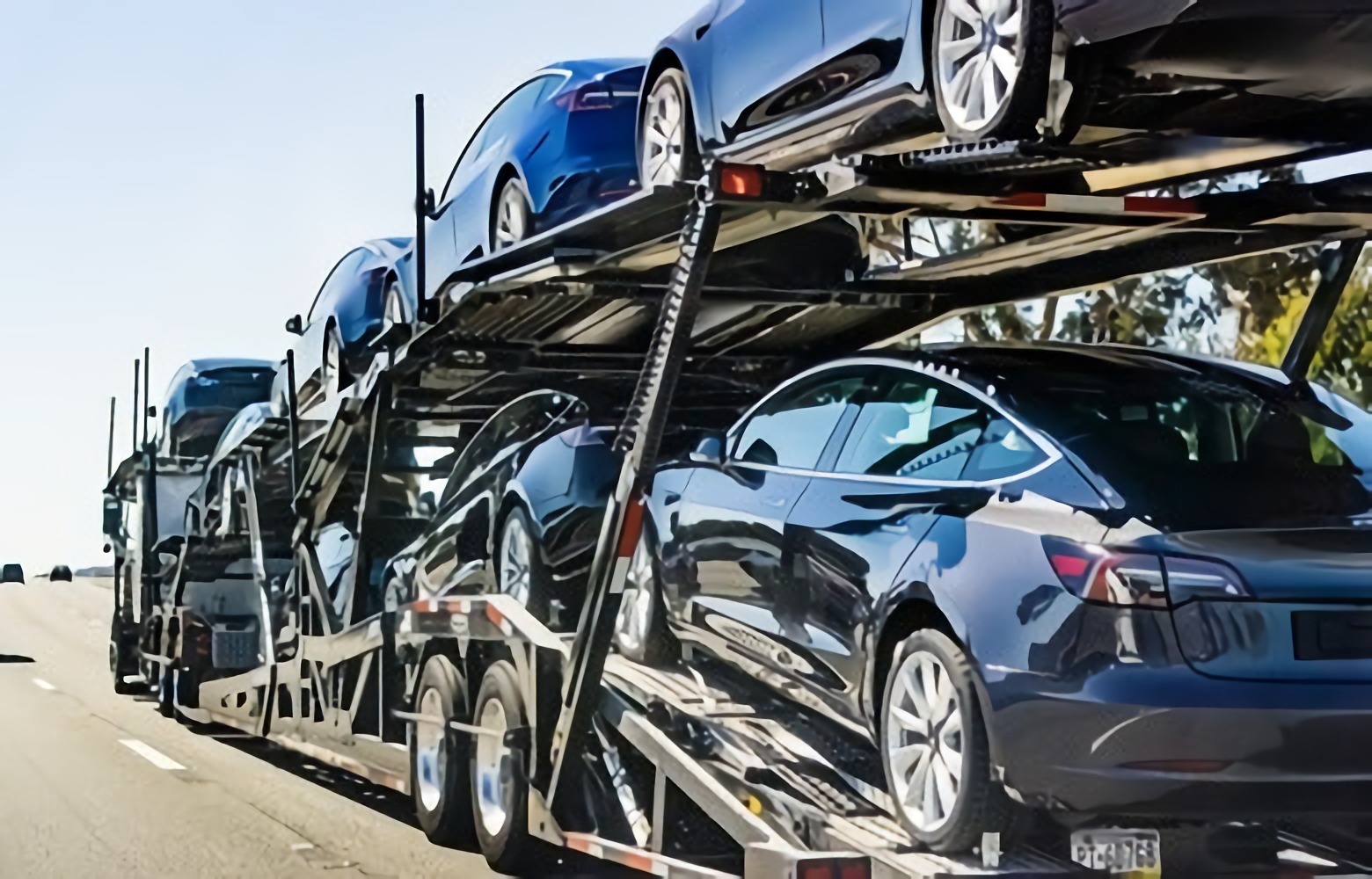FREQUENTLY ASKED QUESTIONS
We provide door to door service if the trucks can physically reach your
pick-up and delivery address. If for whatever reason our driver cannot get
to your door (low-hanging trees, weight restrictions, gated communities
etc.), our driver will communicate with you directly to determine a
convenient meeting place (close to your home) such as a large shopping
center with a large parking lot.
Yes. You must be present at both the pickup and delivery of the vehicle.
You may also designate a person to act as your agent to hand of the keys
and sign off on the bill of lading (inspection report) with the driver at the
origin and destination.
Open carrier car transport is when you ship your vehicle on an open
carrier, these carriers’ range in size and capacity. Vehicles that are moved
via an open carrier are exposed to external elements such as rain snow
etc. Enclosed Carriers also range in size and capacity. Since these
carriers are enclosed, the vehicles in transit are not exposed to external
elements.
A car carrier trailer, also known as a car-carrying trailer, car hauler, or
auto transport trailer, is a type of trailer or semi-trailer designed to
efficiently transport passenger vehicles via truck.
Our transport specialist will gather all the information regarding your origin
and destination and learn about your expectations regarding your vehicle
transport. We will arrange with a licensed insured carrier, once the
transport has been assigned, you will receive an email and call from your
transport specialist as well a call from the driver to schedule the actual
pickup time on your specified date. At the time the driver picks up your
vehicle, he/she will perform a detailed inspection of your vehicle and make
any required notations on the Bill of Lading. You will both sign this form,
and you will receive a copy.
The same Bill of Lading will be present upon delivery so you can re-inspect
the car. The driver will once again call you in advance to schedule an
approximate time for delivery. The transporter will take every precaution to
deliver your vehicle without incident. In the event damage should occur
during transit, you must report this damage on the Bill of Lading and the
bill of lading needs to be signed by the vehicle owner and the driver. It is
important that you and the transport driver sign this document, or the
damage cannot be processed by carriers or their insurance company if
damage is not noted at time of delivery.
Yes, all carriers are fully insured to meet all State and Federal
requirements. The transport driver will thoroughly inspect the vehicle at
pick-up and delivery. When your vehicle is delivered, it is your
responsibility to inspect your vehicle for any damage that may have
occurred during transport. You need to document any damage on the Bill
of Lading and obtain the driver’s signature. The carriers & insurance
company will not process claims if damages are not documented at the
time of delivery.
The Condition Report is a part of the Bill of Lading. The Condition Report
documents the condition of your vehicle at the time the driver takes
custody. Before the driver loads your vehicle, he/she will fill out a Condition
Report that will note the condition of the vehicle at the time he/she
receives it. You, or an authorized agent on your behalf, will need to verify
any notations and sign that you are in agreement. You will receive a copy
of this Condition Report before the vehicle leaves the point of origin.
Claims of damage at destination will be based upon the condition of your
vehicle as reported before it was transported.
Military Bases – It is exceedingly difficult to obtain clearance to inter
military bases, however our driver will coordinate with you a destination as
close as possible to the base.
Airports- No, it is near impossible to get clearance for a trailer to enter
airport property.
Dealerships – Yes all we need is the vin number of the vehicle and the
hours of operation and a contact person and their phone number for the
driver to contact and plan for transport.
Ports – Yes, all we need to know if a TWIC card is required, your booking
number and hours of operations.
Auctions – Yes, we need the VIN, hours of operation, buyer number, lot or
stock number.
The department of transportation or D.O.T prohibits car carriers from
shipping personal items or household items due to weight
restrictions, however, most carriers will allow up to 100 LBS of personal
items in the trunk of your vehicle while being transported.
ABSOLUTELY NO:
FIREARMS
HAZARDOUS MATERIALS
LIQUIDS
ILLEGAL SUBSTANCES OF ANY KIND
The assigned carrier shipping your vehicle is subject to both inspections by
the DOT and the State Police at every state line. The driver may be fined
up to $10,000 if found to be transporting household goods. All cars being
transported and found to be in violation are subject to being impounded.
All fines imposed on the driver may be passed on to the owner of the
vehicle. Personal items are not covered under carrier liability or cargo
insurance.
How many miles may a driver record on his/her daily record of duty status
and still be presumed to be in compliance with the speed limits? Drivers
are required to conform to the posted speed limits prescribed by the
jurisdictions in or through which the vehicle is being operated. Where the
total trip is on highways with a speed limit of 65 mph, trips of 600-650
miles completed in 11 hours (for drivers of property carrying vehicles) are
considered questionable and the motor carrier may be asked to document
that such trips can be made. Trips of 650 miles or more will be assumed to
be incapable of being completed without violations of the speed limits and
may be required to be documented. In areas where a 55-mph speed limit
is in effect, trips of 495-550 miles are open to question, and runs of 550
miles or more are considered incapable of being made in compliance with
the speed limit and hours of service limitation.








